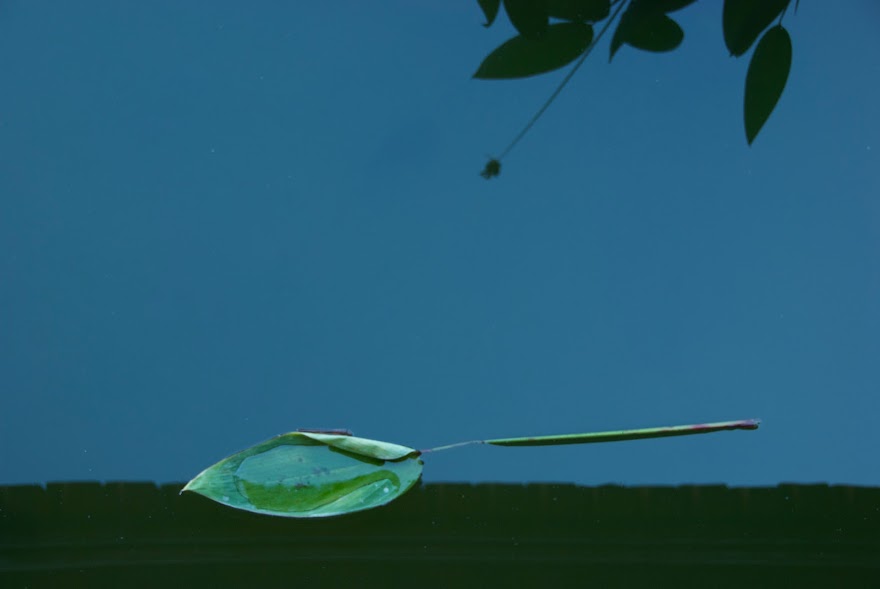When I returned to Evanston from Opua in late 2014 I wrote:
Here a mix of rain and snow. Temperature 32° and falling.
There 70° and sunny.
Here for breakfast I have uncooked oatmeal, trail mix, fresh blueberries, powdered milk and water and good coffee.
There for breakfast I have uncooked oatmeal, trail mix, dried fruit, powdered milk, and instant coffee.
Here, on weekends, the food is better. Even during the winter, Carol usually grills something on the small gas grill on our balcony.
During the week the food is about equal.
Here microwaved Lean Cuisines.
There freeze dry.
Here there are ice cubes and drinks that should be cold are. Martinis are sipped. Wine comes from bottles and is better. I drink Laphroaig from a crystal glass.
There gin and tonics are air temperature. Martinis are unknown. Wine comes from boxes and isl lessor. I drink Laphroaig from a crystal glass.
There Laphroaig costs at least $85 U.S. a bottle and replenishment is four miles distant.
Here Laphroaig costs $45 a bottle and replenishment is a ten minute walk away.
Here I watch sports and movies on television and stream music to five excellent speakers.
There I listen to New Zealand Concert, the national classical music radio station, and stream music to quite acceptable bluetooth speakers.
Here I sit facing a fireplace.
There I sit facing a companionway.
Here I live indoors.
There I live outdoors.
Here I vacuum rugs.
There I scrub decks.
Here I am mostly alone and silent.
There I am mostly alone and silent.
Here I walk down the hall to shower.
There I row a couple of hundred yards and walk a hundred more to shower.
Here hot water in the shower is free and untimed.
There I have to insert a $2 coin in a box to obtain five minutes of hot water.
Here the room does not move.
There The Great Cabin constantly moves.
Here there is constant background noise.
There is often complete silence.
Here I am surrounded by land and ten million people.
There I am surrounded by water and a few hundred people.
Here is flat.
There is all hills.
Here I walk down and look at empty Lake Michigan.
There I climb the Opua hill and look down on boats moving about the bay.
Here are Canadian geese.
There once were gannets and now are terns, gulls, cormorants—shags to New Zealanders—and a few ducks.
Here the Internet is fast.
There the Internet is not fast and more expensive.
Here I can buy things with a click and have them delivered promptly.
There I can’t.
Here I look out windows at snow, undistinguished buildings, and a cemetery.
There I stand in the companionway and am surrounded by beauty.
There I sleep in a sleeping bag beside waterproof duffle bags and a sail bag.
Here I sleep between sheets beside Carol. Here has its compensations.
There is good.
Here is good.

















